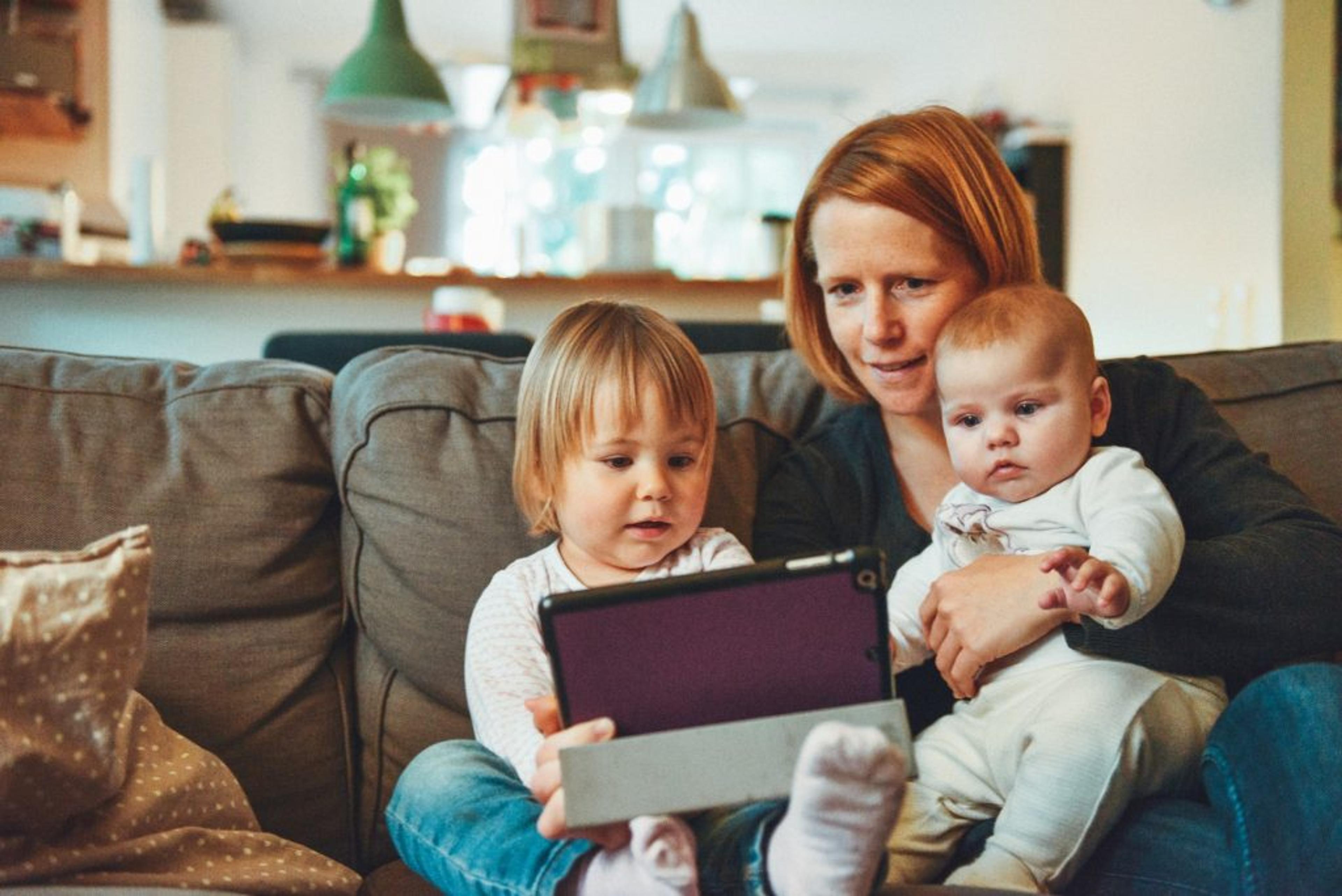
The many benefits of reading with your child
"A child who reads is an adult who thinks," a wise person once said. The benefits of reading with your child are endless, and a love for reading from a young age will develop into a lifelong passion for books and literature.
Children greatly benefit in adulthood if they read themselves or are read to from a young age. Not only will they develop important literacy skills to aid them through their school and working years but they will also begin to better understand the world we live in. Books open minds and let readers step into the shoes of other people, allowing them to experience life differently; to wonder what it’s like to be someone other than themselves.
A head start in adulthood
Reading greatly helps a child’s emotional development and increases their capacity for empathy. It teaches kids and grown ups all kinds of morals and ethics: the difference between right and wrong; that every choice we make has consequences and that we’re all accountable for our own decisions in life. According to the Reading Center at the University of Stavanger in Norway, children who read before they can speak develop a larger vocabulary and can, on average, have a better understanding and grasp of words when they start school than children who have been read to too little.
Children who have grown up reading aloud in a home with a supportive reading environment will find aspects of school less challenging when they start. They’ll be better prepared, focused and excited to learn. Reading is a wonderful skill for young people to possess as it encourages diligence, sparks imagination and promotes integrity – impressive qualities that will last a lifetime.
Training social skills
Keith Oatley is a psychologist and researcher at the University of Toronto, Canada, and he has gone through many different studies on how fiction influences our understanding of the world. In an article on Forskning.no, a reference is made to an article in the journal Trends in Cognitive Sciences where Oatley calls fiction a kind of simulator for social life. By that he means that characters and situations in books can be used to train the reader’s own social skills. According to him, readers get new ideas and thoughts from books that make them reflect on the motives and feelings of others. Perhaps this could help some kids or teens avoid making similar mistakes as the ones they may read about, or at least prepare them for any consequences that may come their way.
Literature answers questions
Throughout childhood and adolescence we experience an incredible amount of change both physically and mentally. Many young people may have questions about life and about themselves that they feel they can’t ask because they’re too embarrassed to, or because they feel like they don’t have someone they can speak to. It’s at moments like this that reading can help us all – it reminds us that we are not alone.
(Source: The Reading Center, Forskning.no )
Safe use
Pickatale has been developed for children and all content is quality assured for children. Once you're subscribed to one of our pricing plans, no additional costs will be incurred and no indiscriminate products will be added.
Privacy
Pickatale uses cookies on its website. Read more about how we process personal information in our privacy statement.